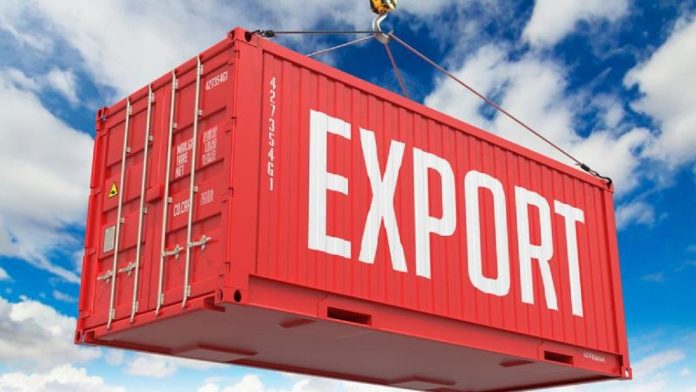The United States has slashed its imports of Nigerian goods by more than 40 per cent within a month, fuelling concerns over the fragility of Nigeria’s trade ties with one of its key partners.
Fresh figures from the US Census Bureau and Bureau of Economic Analysis show that imports of Nigerian goods fell from $639 million in June 2025 to $379 million in July a staggering 41 per cent decline.
The slump coincided with a drop in US exports to Nigeria, which slid from $919 million in June to $584 million in July. Despite this, Washington still recorded a trade surplus of $206 million in July, compared with $280 million in June.
Between January and July 2025, the US exported $3.92 billion worth of goods to Nigeria, while importing $3.14 billion in return — leaving Washington with a year-to-date surplus of $781 million.
Africa Trade Picture
While Nigeria’s trade position weakened, broader African trade with Washington painted a mixed picture. US imports from Africa climbed to $4.47 billion in July, up from $3.67 billion in June, while exports dipped slightly from $3.37 billion to $3.30 billion. That shift left America with a $1.17 billion trade deficit in July, compared with $302 million the previous month.
Country data showed diverging fortunes. The US maintained a surplus with Egypt, exporting $847 million against $290 million in imports, while trade with South Africa deepened Washington’s deficit imports hit $1.99 billion against exports of just $565 million, creating a $1.42 billion monthly shortfall.
Trump’s Tariffs Hit Nigeria
The steep drop in Nigerian exports follows renewed trade measures under US President Donald Trump. In late July, Trump signed an executive order raising tariffs on Nigerian exports from 14 per cent in April to 15 per cent under his “reciprocal” tariff regime.
Although crude oil the backbone of Nigeria’s exports has been partially exempted, uncertainty over tariff enforcement has dampened demand for Nigerian goods, particularly non-oil items now directly affected by higher duties.
For Washington, the tariffs are part of a broader push to shield US industries and reduce global imbalances. For Nigeria, they mean shrinking access to a vital market and erosion of its once-comfortable surplus with America.
Minister of Industry, Trade and Investment, Jumoke Oduwole, said Nigeria would not retaliate but continue reforms under President Bola Tinubu’s eight-point agenda.
“Nigeria remains responsive; we’re not reacting. We will continue to support domestic investors and expand market access for Nigerian businesses,” she said.
Oduwole stressed that while the US remains important, Nigeria is strengthening its African Continental Free Trade Area (AfCFTA) strategy and boosting non-oil exports, which grew by 24 per cent year-on-year in Q1 2025.
Economists Weigh In
Development economist Dr Aliyu Ilias said the tariffs present an opportunity for Nigeria to adapt. “Trump’s tariff is not only for Nigeria. Other countries like India and China are also affected. This may be a good opportunity for us to forge new partnerships,” he said.
Dr Muda Yusuf, CEO of the Centre for the Promotion of Private Enterprise, downplayed the immediate impact. “Our trade with the US is not that strategic. When anything goes wrong, it is not as if it can have any fundamental effect on our economy,” he argued, pointing instead to US visa restrictions as a bigger long-term challenge for investment and trade.
According to a 9am News report, July’s figures highlight Nigeria’s vulnerability to external shocks, underscoring its dependence on crude exports and narrow trade base. Yet, analysts believe the setback could accelerate diversification, with new opportunities in Asia, the Middle East, Latin America, and within AfCFTA.
For now, the plunge in US imports serves both as a warning and an opportunity: a warning of how exposed Nigeria remains, and an opportunity to redefine its trade strategy for a more resilient future.
Stay tuned to 9am News Nigeria for more Breaking News, Business News, Sports updates And Entertainment Gists.
















